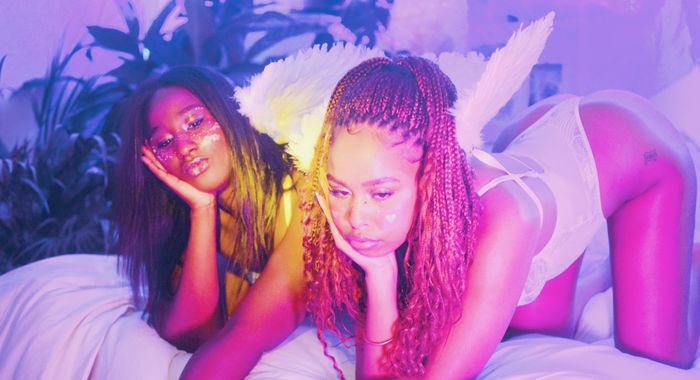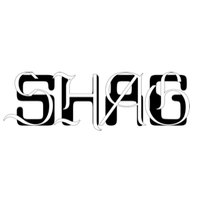Kirsty O’Rourke speaks about activism through their art
A short interview with digital artist Kirsty O'Rourke about how they use their art as a tool for activism.
‘I would just hate that someone would be scrolling on my feed like “Oh, I don't see myself, anywhere.”’ Says Kirsty O’Rourke, a non-binary artist from Norfolk who uses their art as a form of activism. ‘Hearing other people talk about how they don't see themselves represented in art inspires me to make my art.’ they continue, ‘I want to draw as many different kinds of people as possible’.
O’Rourke sits with a gentle smile and big round silver glasses framing their face. Their hair is cut in an on trend mullet style, and there’s a silver septum ring hanging from their nose. They radiate a calming type of creative energy, and enthusiastically share their love for the game Animal Crossing and their two cats, Dela and Jinkx (named after famous drag queens Ben De La Crème and Jinkx Monsoon, no less).
‘I do illustration, and a bit of animation. Drawing is kind of my main thing - I’ve done it since I can remember and it started out as a coping mechanism for me.’ O’Rourke paused to sip on their tea, ‘I used to struggle a lot in social situations and would always carry around a little sketchbook so I could fixate on drawing when I needed a little bit of escapism. It’s been interesting in the last couple years to see that shift from being a coping mechanism to a career.’
O’Rourke studied illustration at Norwich University of the Arts, and now does commissions, illustration and animation as a full time job. They are passionate about mental health and diversity, and the art they share on social-media is colourful and fluid, and frequently features diverse skin tones, body types and sexualities, aiming to ‘push against the norm of commercial illustration work’. They also share sketchbook tours, art process videos and conversational style content on their YouTube channel.
However, social media has proved challenging, adding an extra level of pressure to make art and be constantly active. ‘I didn't really expect to have such a hard time dealing with it - I guess that comes with having more and more people looking at your stuff, which I never anticipated’ O’Rourke says sadly. Lockdown hasn’t helped as it has stunted their creativity and motivation for making art even further; ‘The thing I loved about drawing was finding new ways to draw a certain thing when I've got an idea in my head, but I’ve had no ideas in my head.’ For now O’Rourke’s goal is to focus on finding the excitement and passion for making art which they lost when it became a career. A hopeless expression crosses their face, but they sipped some more tea and lift their brows. ‘I usually make art when I’m riled up about something – when I’ve had a really annoying conversation with someone, or something really infuriating is going on.’
‘I don't know how people find a sense of self or identity if they don’t see themselves represented somewhere in something – luckily for me there’s an abundance of slim white trans-masculine, non-binary people on the internet and media. I’m grateful for that because that’s how I can find my own sense of identity. But then I think about all the people who don’t fall into this mainstream category – how are they supposed to find themselves and feel good if there’s no representation for them?’

